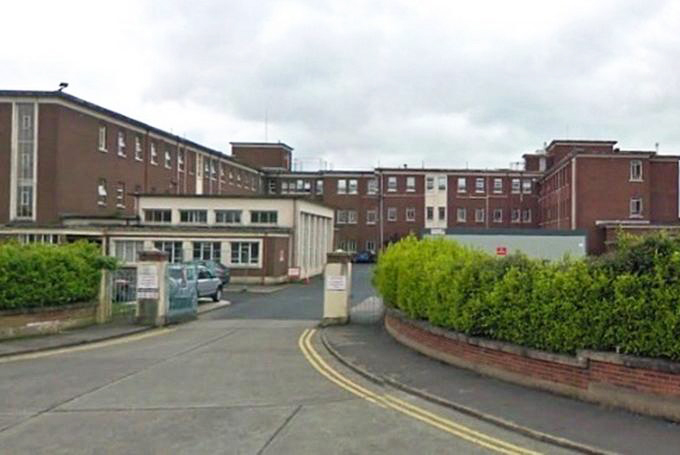
ABORTION services are now available at University Maternity Hospital Limerick where staff have been undergoing special training to comply with the legislation enabled by last May’s referendum.
A statement to the Limerick Post on behalf of the hospital said: “It is anticipated that termination of pregnancy services will, for the most part, be provided by family doctors.
“As set out in the legislation however, hospitals will also be providing services for women and University Maternity Hospital Limerick is ready to start receiving referrals. Education and information sessions for staff are ongoing in this regard”.
Abortion services will be provided by the HSE, through GPs or family planning services, and in maternity units and hospitals across the country, from this week.
Following last year’s referendum and subsequent legislative change, people can now access an abortion in Ireland under specific circumstances.
Abortion care will be free of charge to people who need it.
The HSE is also introducing My Options, a new, non-directive, free unplanned pregnancy support service which will be the first point of contact for support and information about an unplanned pregnancy.
The service is available on freephone 1800 828 010 or the myoptions.ie website.
Bishop of Limerick Brendan Leahy has said that while legislation will provide for abortion on demand, our moral compass must not allow it become the default for crisis pregnancies.
In an end of year reflection, the full text of which is available on the diocesan website www.limerickdiocese.org, Bishop Leahy said that the abortion referendum was “a watermark in the perceived liberal agenda that is sweeping Ireland”.
“We have now as a nation decided to remove the right of babies in the womb to live their lives to the full. We are now about to begin the taking of those lives indiscriminately. The right to choose superseding the right to life.
“I acknowledge a majority of the population voted in favour of repealing the 8thamendment to the Constitution. There were many reasons for doing so, not least the recognition of the hardship women have to endure in crisis pregnancies.
“It is to be hoped, however, that no one, or at least very few, willingly voted primarily for the abolition of the life of the unborn child in the womb. So, regardless of what way anyone voted and the reasons people had for voting as they did, it now behoves us all to do our part to make sure that abortion is not the default response that characterises people in Ireland when crisis pregnancies arise,” Bishop Leahy added.


